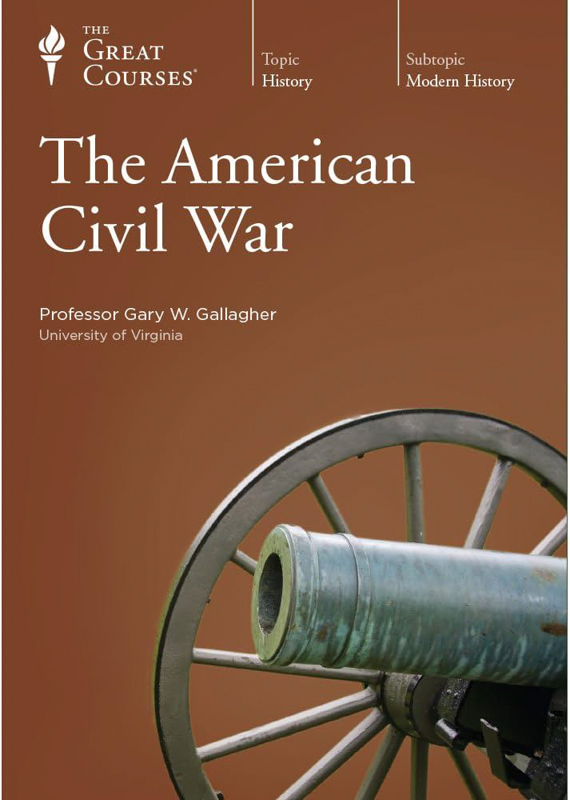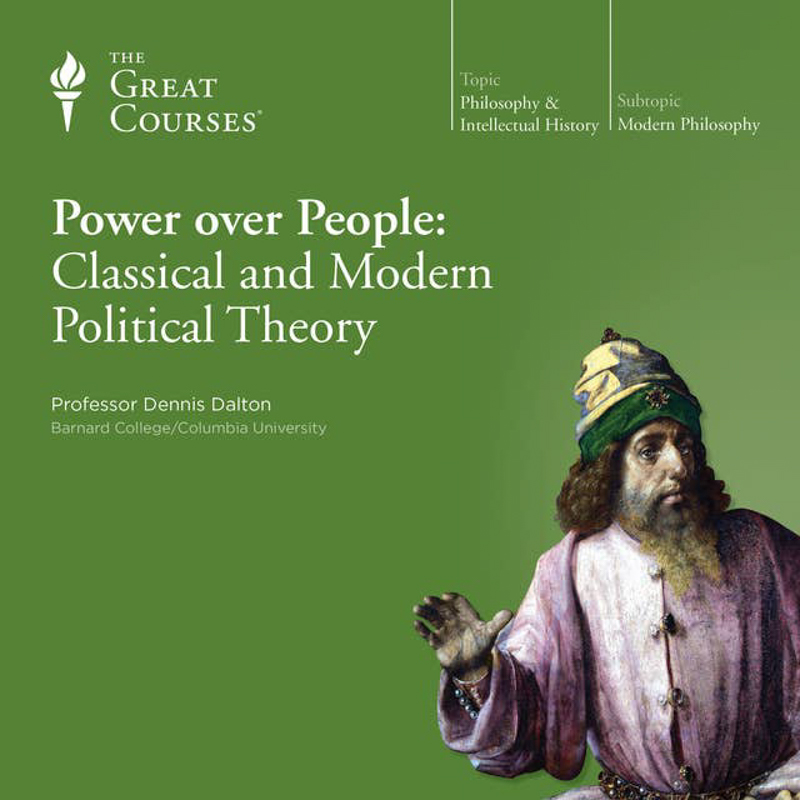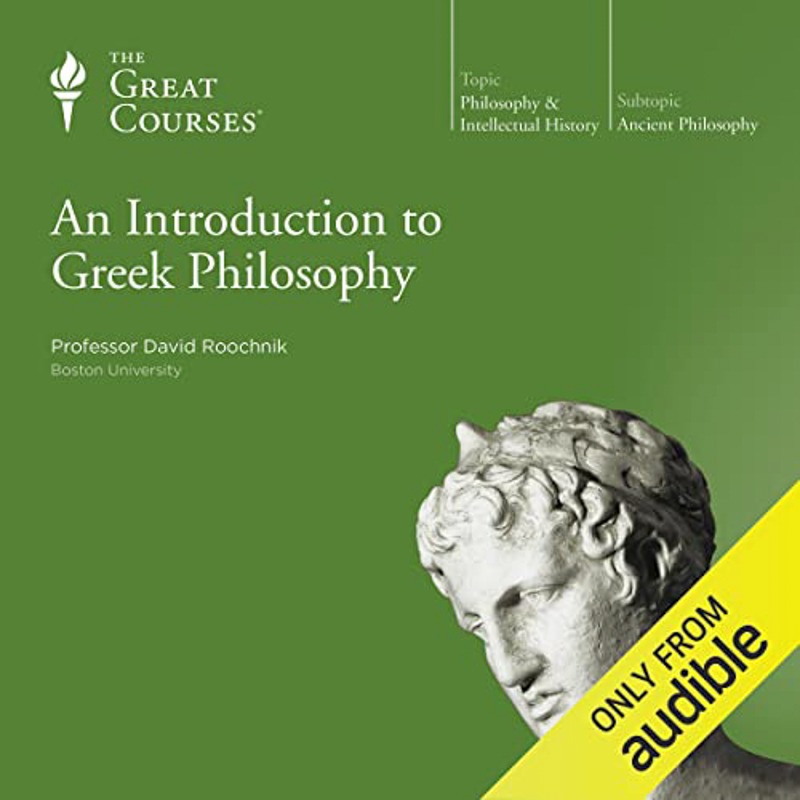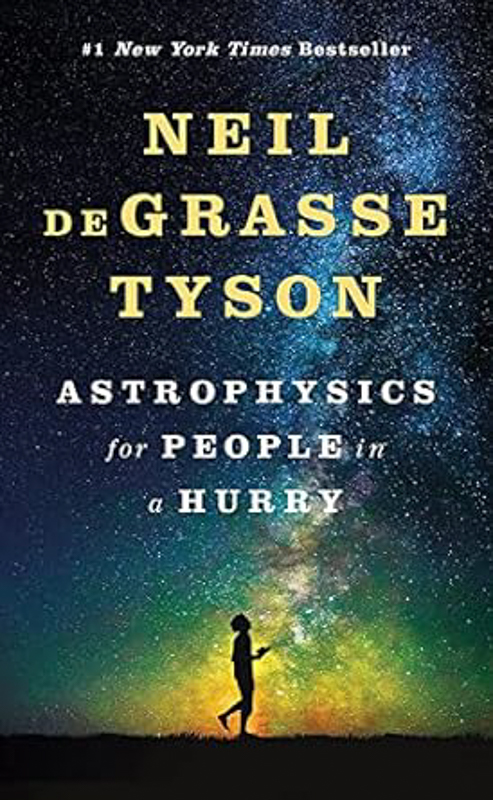The Happiness Curve
Background
This book is another volume of work on the subject of the psychology of happiness. It deals with specifically the happiness trajectory over the lifetime and makes particular mention of a statistical “curve” during what we may call “midlife”.
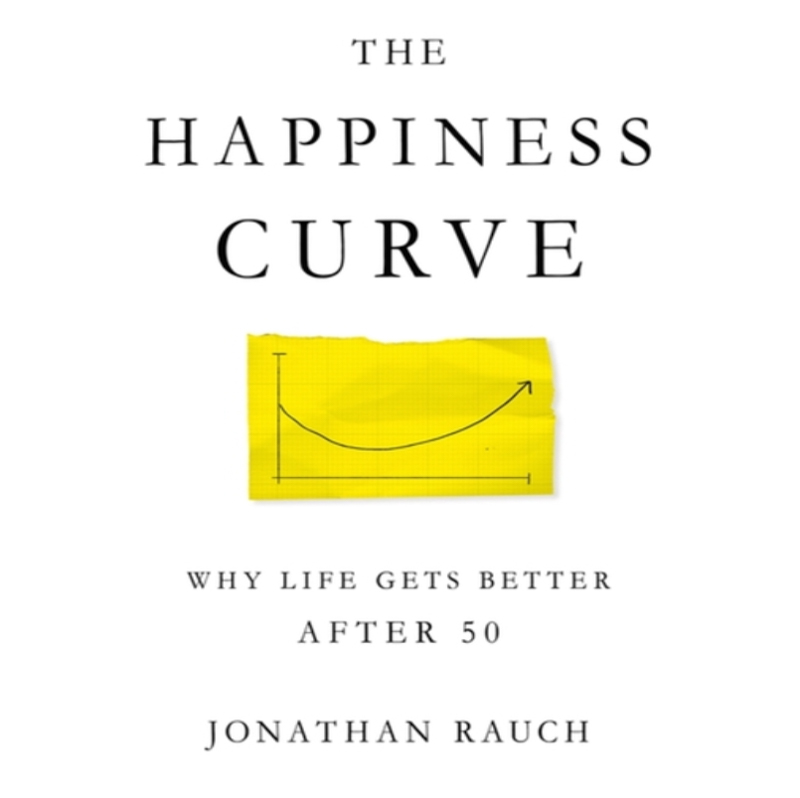
Comments
I am in the bottom of the “U Curve” (as the author puts it), meaning that I am statistically in the unhappiest part of human life, my 40s. Interesting really. I’ve considered my forties to be a great time so far. However Mr. Rauch makes a particular point to say this curve is an average and isn’t predictive. I did enjoy the book and found comfort in many of the concepts presented. For example, I have had an increasing unrest in my career. Mr. Rauch’s concept of the Hedonic Treadmill rang pretty true for me. I am reminded to be accepting of where I am and find enjoyment in the here and now. Those are great words and I hope to be able to hold to them. The thought of my not being alone in this regard is comforting.
Recommendation
I would recommend the book to other folks in my age group. Although Mr. Rauch paints the picture if everyone understood the happiness of aging we would have a better world in which to live, a well trod path for second careers and much better understanding of the elderly, I believe it will take some time till this dream is realized if the theory bears out. I’m not sure those younger than I would enjoy the book.
